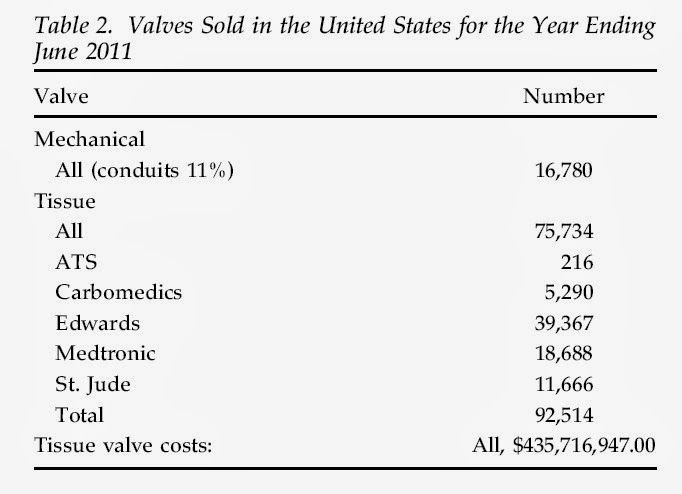LondonAndy: K2 is quite different from K1 as far as clotting. As I understand it, the body can convert K1 to K2 but K2 doesn't impact clotting.
Pellicle: I will rethink the tissue vs the mechanical valve. My original decision was based on the expectation of about 20 years so at 55 when I got the first one, I expected one more tissue operation at about 75 which would most likely be my last one. But I'm not certain that the cause of the calcification would necessarily apply to my next valve since calcification is the final stage in a plaque build up that might not occur as rapidly if I get a bigger valve.
At 55 I received an Edwards 21 mm which was small compared to my BMI (145lbs and 5' 9.5") and active life style (windsurfing and other strenuous sports) so the accelerated degradation may be the cause of more stress and turbulent flow from the too small valve. If possible to get a larger valve then perhaps I would get closer to 20 years taking me to 85. Since I doubt I'll be as active then, the newer technology may allow a safe TAVR.
On the other hand, if the same more rapid degradation of the valve is expected due to my chemistry and there is no way to stop it, then a mechanical valve with its higher clotting risks may be the better alternative especially if there are better blood thinning agents and lesser risk of accelerated arterial calcification which, as you said, may not be due to the blood thinners.
Still, I do not look forward to all the diet restrictions since being celiac (no wheat, rye and barley), also no milk and corn for other reasons - I already have so many restrictions. Also, I may need other operations for cervical and spinal stenosis where thin blood may make it more complicated and risky.
Thus the reason to explore the latest in halting and even reversing calcification and plaque growth.

























